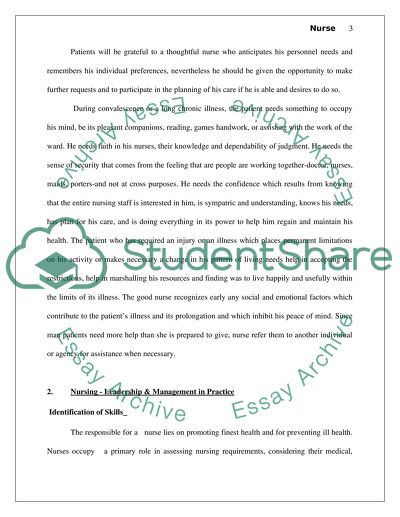Cite this document
(Nursing Leadership and Management in Practice Coursework Example | Topics and Well Written Essays - 1500 words, n.d.)
Nursing Leadership and Management in Practice Coursework Example | Topics and Well Written Essays - 1500 words. https://studentshare.org/nursing/1500814-nursing-leadership-management-in-practice
Nursing Leadership and Management in Practice Coursework Example | Topics and Well Written Essays - 1500 words. https://studentshare.org/nursing/1500814-nursing-leadership-management-in-practice
(Nursing Leadership and Management in Practice Coursework Example | Topics and Well Written Essays - 1500 Words)
Nursing Leadership and Management in Practice Coursework Example | Topics and Well Written Essays - 1500 Words. https://studentshare.org/nursing/1500814-nursing-leadership-management-in-practice.
Nursing Leadership and Management in Practice Coursework Example | Topics and Well Written Essays - 1500 Words. https://studentshare.org/nursing/1500814-nursing-leadership-management-in-practice.
“Nursing Leadership and Management in Practice Coursework Example | Topics and Well Written Essays - 1500 Words”. https://studentshare.org/nursing/1500814-nursing-leadership-management-in-practice.


